Machinist’s Calipers
When you need an exact measurement, nothing beats precision calipers.
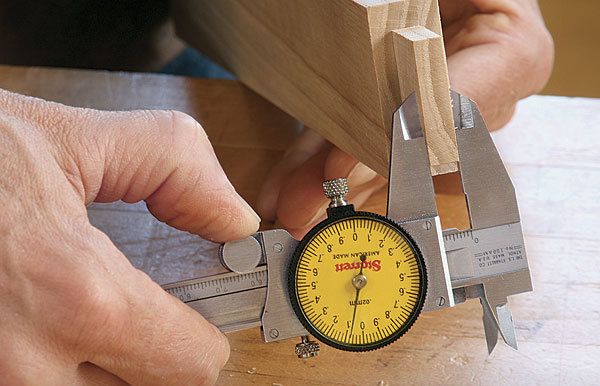
Synopsis: Take away the guesswork when fitting joinery and setting up machinery with the machinist’s calipers. Here, Timothy Rousseau gives tips on choosing the best calipers for your needs, taking a precise measurement, and using them to ensure a perfect mortise-and-tenon joint. You’ll also learn how to set up machines for accurate cuts.
Machinist’s calipers may seem like a strange object to find in a woodshop, but when you need to measure something very accurately there isn’t a better tool for the job. Consider joinery. For a strong glue bond, a joint should be snug enough that the pieces won’t fall apart from gravity alone, but not so tight that they need to be pounded together. That’s a small margin of error, and a few thousandths of an inch can make a big difference.
Having a tool that will tell you exactly how big a tenon or mortise is taken away the guesswork as you sneak up on the perfect fit. The same goes for dadoes, rabbets, and many other joints. you can also use calipers for machine setups of all kinds, so you can nail the fit on the first try.
Dial or digital, take your pick
There are three types of machinist calipers. Vernier calipers, with their simple sliding scale and fractional markings, are bombproof but less precise than other types. That’s because they are hard to read closely, especially if your eyesight is not 100%.
Dial calipers are very precise but vulnerable to breaking if dropped, especially if you buy a cheap one. They also take a moment to read accurately.
My favorite type of calipers is digital. The beauty of digital is instant readability and the ability to switch scales. Most will display thousandths of an inch, fractions of an inch, and metric. I find fractions pretty useless on calipers, but I often switch to metric to make math easier. The model I recommend to my students is the 6-in. electronic Digital Caliper from iGaging, a steal at around $25 online.
How to take a measurement
Calipers can make a precise measurement in four ways. Most people know about the first three. at the business end you’ll find two pairs of jaws that can grab the outside of a workpiece or the inside of a cavity or hole of some.
Web Extra: Fraction-to-Decimal Conversion Chart
Photo: staff
For the full article, download the PDF below:
Fine Woodworking Recommended Products
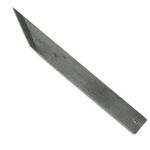
Marking knife: Hock Double-Bevel Violin Knife, 3/4 in.
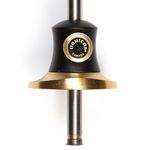
Veritas Micro-Adjust Wheel Marking Gauge
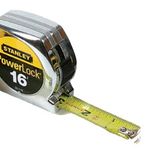
Stanley Powerlock 16-ft. tape measure
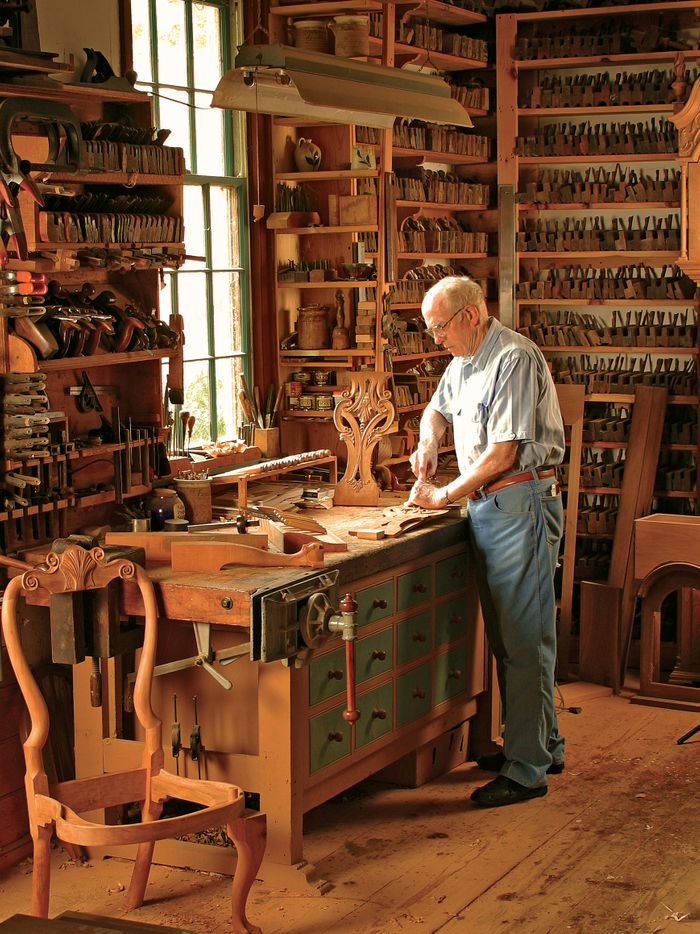







Comments
I put off buying calipers for a long time due to confusion about what to get and recommended brands. I didn't trust the version sold at my local big box hardware chain. This article was exactly what I was looking for, It was clear, concise, and practical. I'm on to more exact measurements! Thanks, Tim and FWW,
I have owned a Lee Valley plastic 1/100 of inch caliper for a long time. I do not believe you need to go to machinist calipers at 1/1000 of an inch. A go to tool
Log in or create an account to post a comment.
Sign up Log in